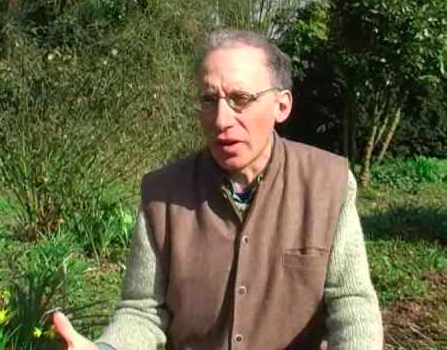Tewolde Gebre Berhan Egziabher
Dr Tewolde was internationally known for championing the rights of communities to their genetic resources. Our shared story began nearly 30 years ago, when we met at the 1995 Life Sciences conference in Malaysia. At that time, Tewolde was instrumental in resisting the push for genetically modified organisms and patents on life in Africa. Soon after we met, Gaia worked with Tewolde and his wife Sue Edwards to set-up the Institute of Sustainable Development in Ethiopia, which continues to thrive as a civil society organisation committed to agroecology, as it is called today. Together, we initiated some of the first African dialogues with environmental groups on the dangers of genetic modification and patents on life, alongside the importance of protecting community rights. Beyond Africa, we worked with Tewolde and allies to build a strong, informed group of African negotiators who could participate in developing international legal instruments to protect biological and cultural diversity. The ‘African Group’ as they were known, were a unified presence at key international meetings in the latter part of the 1990s on trade, agriculture and biodiversity. Tewolde’s formidable negotiation skills resulted in him being nominated as lead negotiator by the G77 group of developing countries, called the Like Minded Group, which took a strong stand on genetic engineering and patents on life – leading to the legendary Cartagena Protocol on biosafety. We nominated Tewolde for the Right Livelihood Award, which he received in December 2000 for his outstanding work. He was named a UN Champion of the Earth in 2006, amongst many other forms of recognition. Click here to read our tribute to Tewolde, after his passing in 2023.














